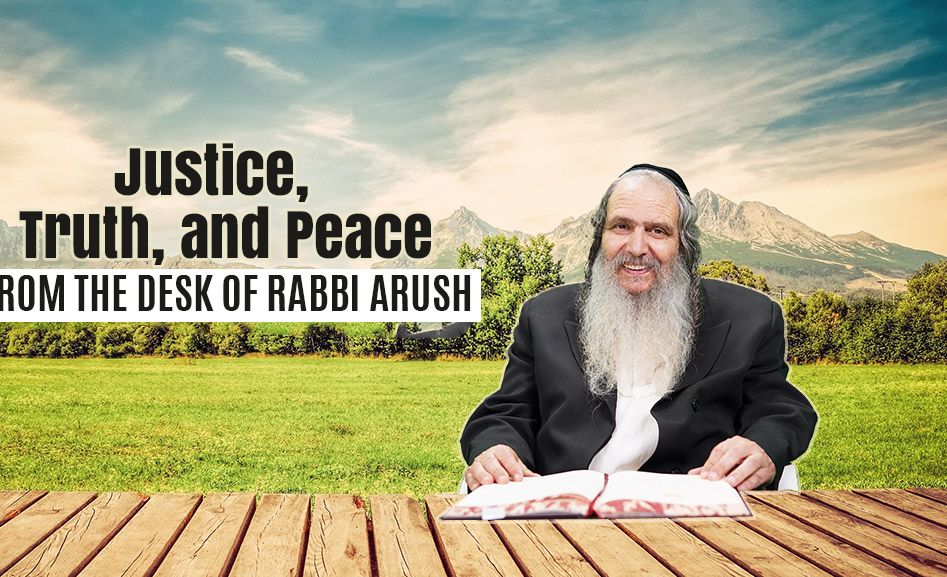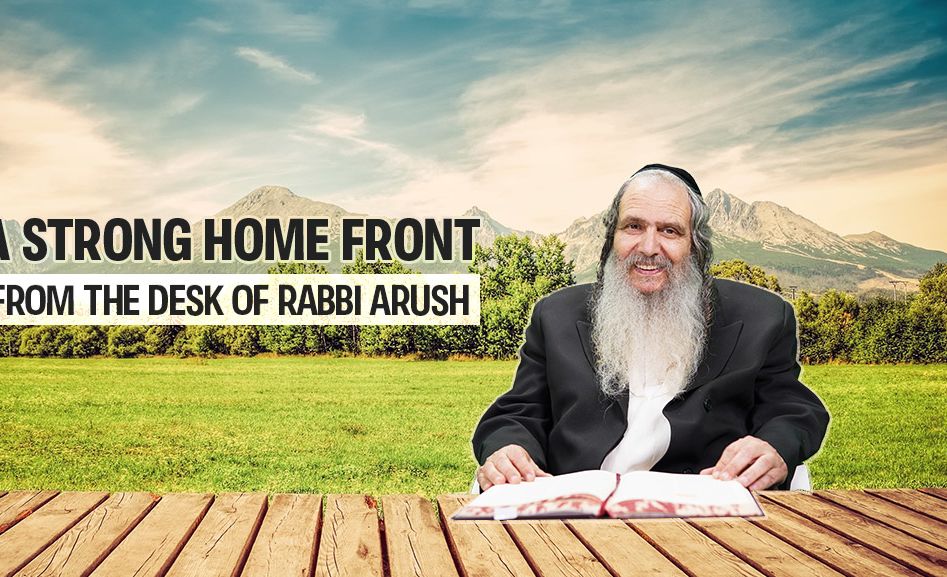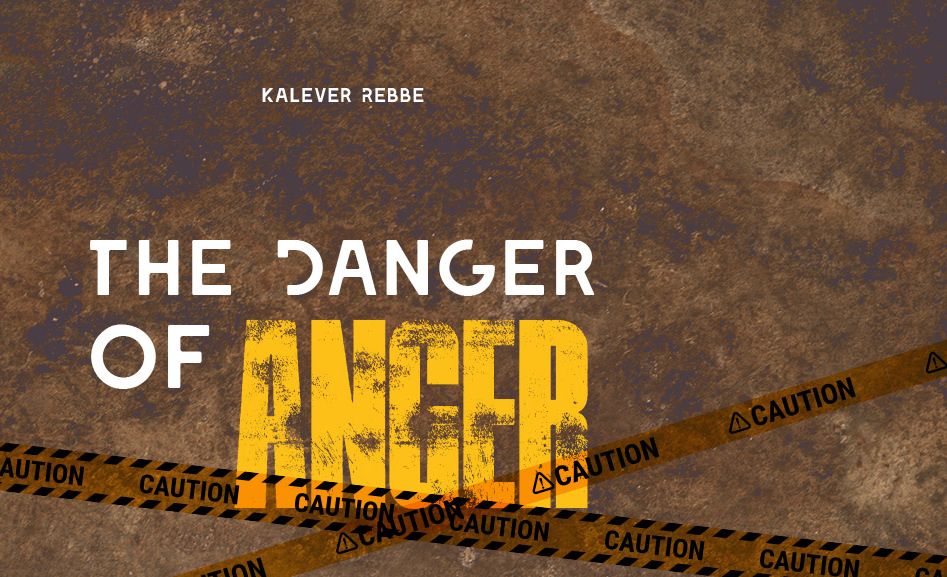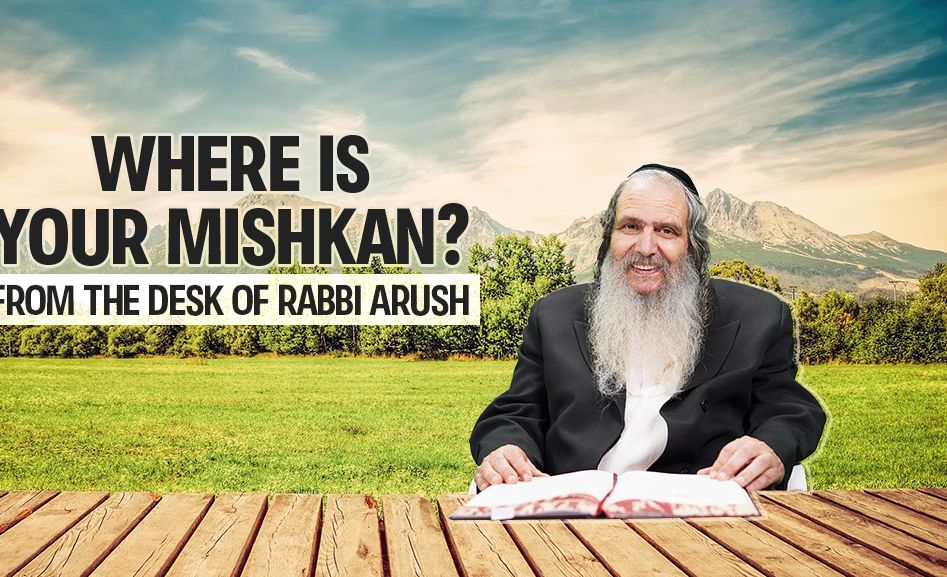
Fight Dance
When Orly's husband gets upset, she is thrown back to her childhood and experiences all the fear she felt as a young girl trying to defuse a painful situation…

Orly is married to a complicated man. He had a difficult childhood, a troubled past and continues to struggle with anxiety and low self-esteem. Although he is in therapy and takes medication, Steven still gets overwhelmed easily when things don't go “right” and is quick to get frustrated. Most of the time he vents his frustration aloud, which makes Orly angry and reactive. Within minutes they are arguing and the original problem is left unresolved.
When Steven becomes frantic because he can't find his keys, forgot to pay a bill or frets about an upcoming visit from his in-laws, Orly's pattern is to go into teacher/mommy-mode. She tries to stifle Steven's anxiety by being very logical or else attempts to calm him. When that doesn't work, Orly feels rejected and unsuccessful. Her husband is not responding to her attempts to be nurturing! Orly now begins to attack Steven for being so fragile and unmanly. She is tired of his nervousness and fretting. He responds by becoming completely defensive; she counter-attacks. Why is she always criticizing him? he yells. Why is she such a witch? The argument spirals downwards from that point and they are both left exhausted and embarrassed, hours or even days later when they finally make up.
What can be done to get them out of this pattern?
Orly is my client, so we focus on her. Although we can speculate on what's going on with Steven, we cannot assume anything if he is not present to tell us how he feels. Not only that, but even if one of the partners in a marriage changes the ritual of fighting, the whole fighting dynamic will change. Here's how it works.
Orly has to stop trying to control Steven's emotions. Her problem is her reaction to Steven's emotions, not his state of mind. He is in charge of his emotions, not her. That's number one.
Number two is that Orly has to let herself off the hook. It is not her job to calm down her husband or solve  his problems. She can offer to help him find his keys but she doesn't have to. It's his problem and if he wants help, he can ask for it politely or graciously accept her offer. Or not.
his problems. She can offer to help him find his keys but she doesn't have to. It's his problem and if he wants help, he can ask for it politely or graciously accept her offer. Or not.
Orly needs to take care of her own feelings, not just the annoyance of, or the compassion for, a rattled husband, but also her deep subconscious feelings of panic when her husband is out of control and not functioning maturely. Orly had a father who was emotionally unstable. The family was constantly walking on eggs to keep him from losing his cool. When he did become emotional he would blame anyone around him for getting him upset by what they had done. Orly told me that she never argued or defended herself because of the mitzva to respect one's father, but she wanted to because it felt so unfair to take the blame for what she hadn't done.
When Orly's husband gets upset, she is thrown back to her childhood and experiences all the fear, anger and anxiety she felt as a young girl trying to defuse a painful situation. She attempts to regulate Steven's emotional state, so she won't have to experience those negative emotions from her past.
But controlling another person's behavior is ultimately impossible. (Ask anyone with teenagers or a stubborn boss!)
Orly's real challenge is to understand herself and get a grip on her response to Steven. Orly can explain to Steven that when he gets upset it triggers her feelings of fear and anxiety. Therefore, it is better for them both that she remains detached when he is upset and leave him to his feelings, which are his business.
Orly is not abandoning or rejecting Steven, she is distancing herself from a situation that brings out her misguided attempts to quell her own distress. When Steven becomes emotional and Orly begins to feel the compulsion to stop him, she can opt out of the dance. She can go for a walk, take a shower, read a book, call a friend, run to the store, listen to music, meditate, or pray.
This leaves Steven to his own devices and he will develop (God-willing) his own ways to cope with his anxiety. Orly can tell Steve that after he has calmed down she would be happy to have coffee together or go out for dinner. But in the meantime, she has to guard herself from becoming enmeshed by giving him the time, the space and the respect to handle his own emotions. That way, Steven is left to solve the initial issue that was bothering him and Orly doesn't get in his way.
It takes two to tango as the old saying goes but only one to change the steps. Be the one to break the trance and create a new dance together.












Tell us what you think!
Thank you for your comment!
It will be published after approval by the Editor.